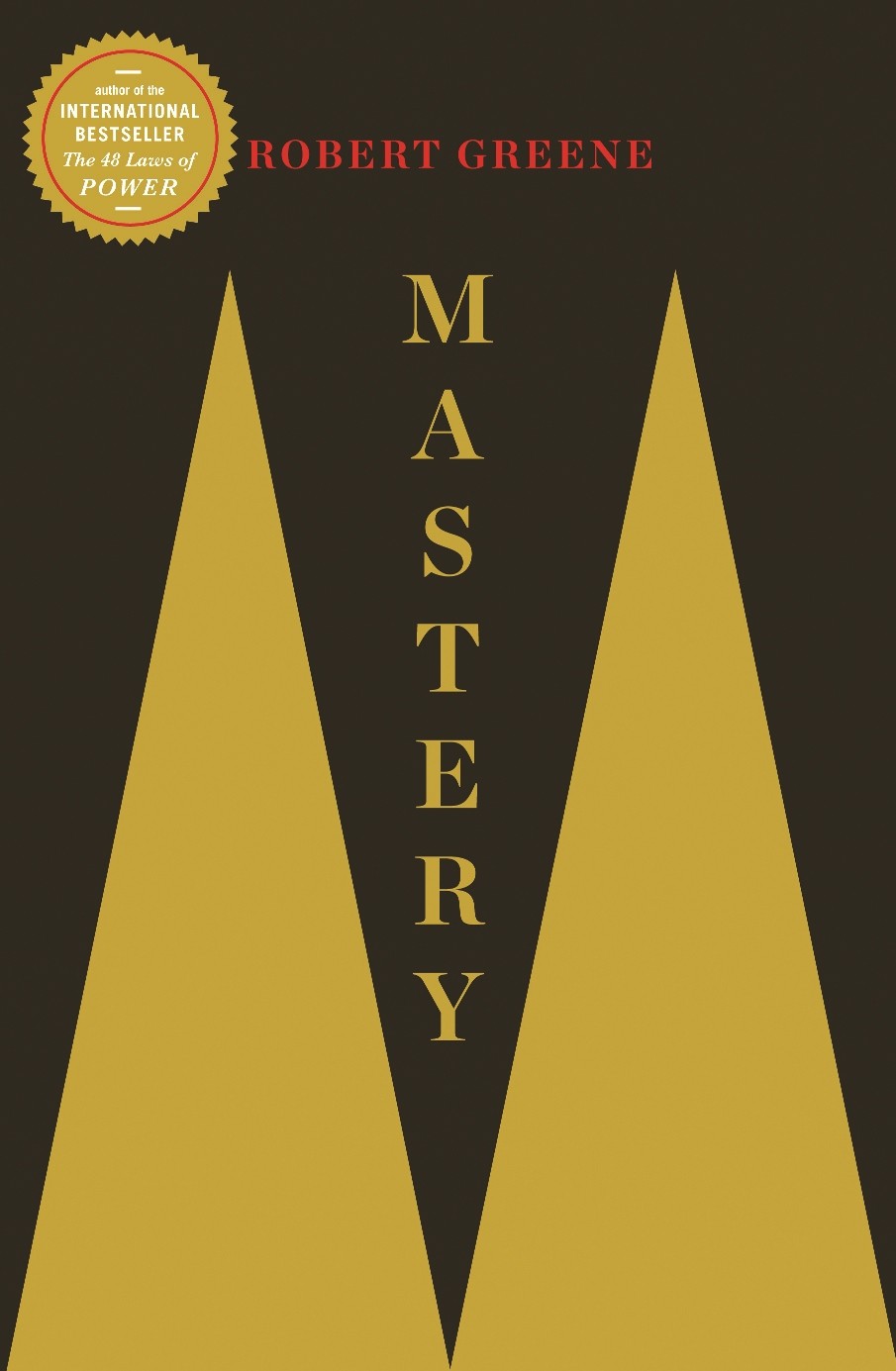What does it mean to be modern? In terms of Western society, it would now appear to include the development of a capitalist system, nation-states, urbanization, a scientific worldview, and a culture of efficiency. In terms of the individual, the adjective “modern” denotes a psyche that takes its orientation from an ethic of self-control. In order to be a “successful” member of contemporary society one must learn the art and science of self-mastery. A simple example of this can be seen in bookstores. Since the 1990s the self-help sections of the bookstores have grown progressively ever larger while the philosophy sections seem to have steadily diminished. The public wants to learn the techniques of self-development precisely because our contemporary economy and culture demand it.
An entertaining example of the self-help genre is the work of Robert Greene. The author has a degree in classics, worked as an editor for Esquire and also spent time as a playwright in Los Angeles. He first became famous for his The 48 Laws of Power (1998) in which he essentially re-interpreted Machiavelli for contemporary libertarians. The book included gems such as “Learn to Keep People Dependent on You,” “Never Put Too Much Trust in Friends,” and “Crush Your Enemy Totally.” The book sold 800,000 copies to all of the expected and unexpected interest groups who deal regularly with naked power relations, such as corporate executives, African-American musicians and doctoral students. Later, building on the strong sales of his book among rap musicians, he co-wrote a sequel with 50 Cent titled The 50th Law. The success of his books was not simply because of their content; that is, teaching the reader how to direct themselves and others, but also the form in which the laws were presented. Greene provided the reader with well-written tales from the lives of Napoleon Bonaparte, Mao Tse-Tung, Ninon de Lenclos and many others.
Greene’s latest book Mastery takes him away from the crude individualism of his earlier work into a new realm that combines the imperative of self-mastery with the desire for self-expression. As with his previous writing his genius lies in the anecdotes that he uses to illustrate his points — for example, when noting how one’s calling often emerges at a young age, Greene tells the story of the five-year-old Albert Einstein being given a compass by his father. The boy was fascinated with how the needle changed direction as he circled around with the compass. The notion that there was an invisible force luring the needle towards a specific direction absorbed him. Greene notes that throughout Einstein’s life the question of the relationship between perceptible and imperceptible forces and fields dominated his thought, and he often returned to the memory of his first experience with the compass.
The book not only looks at masters of the past but also some of the great ones of the present, such as the conceptual artist Teresita Fernández, the industrial designer Temple Grandin, the neuroscientist V.S. Ramachandran, the architect Santiago Calatrava, the computer programmer Paul Graham, the boxing trainer Freddie Roach and the bio-engineer Yoky Matsuoka. Greene demonstrates the processes of mastery which each of these persons undertook en route to excellence: the search for their unique calling, their apprenticeship with a mentor and the ten to twenty thousand hours of work that it took to attain a flourishing, fulfilling vocation. Greene’s book demonstrates his implicit understanding that in a world in which we are forced to become robotic in our efficiency it is crucial that we discern our calling.
Despite his enjoyment in documenting power’s various manifestations, Robert Greene is, perhaps not surprisingly, a liberal who funds labour activism in Latin America. His latest book publicizes the successes of culturally diverse men and women who, despite their challenging backgrounds, have attained mastery in their fields.
Thomas Ponniah is an Affiliate of the David Rockefeller Center for Latin America Studies and an Associate of the Department of African and African-American Studies at Harvard University.




